Is it ok to sound like you?
A lot of people hold themselves back from starting a podcast because they don’t think they’ve got a good enough voice.
But when you’re trying to connect with people you’ve never met, your content, energy and authenticity matter so much more than the sound of your voice.
If you don’t like your voice you’re not alone
In all my years of working with people who want to start a podcast, I’ve never heard a single person say “Gosh, I love the sound of my own voice!”
We’re often our own harshest critic but when we’re listening to ourselves recorded for the first time we’re also dealing with the shock of hearing something new.
That’s because when you hear your own voice in everyday life you’re hearing yourself through your cheekbones.
But when you hear your voice recorded that’s actually how you sound, (cheekbone-free), to other people.
And that can be surprising.
The initial shock will fade away and you’ll become more comfortable and familiar with the sound of your voice the more you record it.
So don’t let the feeling that your voice isn’t good enough hold you back because it’s perfect just the way it is.
Play around with how you sound
While you can’t do much to change the voice you were born with, you can modulate it.
Being in control of your voice and thinking about how you sound is an essential part of being a good presenter.
That means controlling things like your volume, pitch and intonation.
Part of building a connection with your audience involves creating an audio environment they feel comfortable in.
And a huge part of that is the sound and tone of what comes out of your mouth.
You don’t need to copy someone else but you do need to learn how to wield your voice in the most effective way possible.
No one wants to listen to ‘Regional Radio Man’
Podcasting is all about creating an intimate connection with your listeners and the best way to do that is by talking to your audience like you’d talk to an old friend.
If you sound like you’re doing a voiceover this won’t make you sound more professional.
It’ll disconnect you from your podcast audience because that’s not how friends talk to each other.
People with an old-school ‘radio voice’ often sound like they’re talking AT you, not to you and that’s not what you want in an environment as intimate as a podcast.
The most important thing when it comes to harnessing your podcast voice is to be authentic and that means being true to how you sound.
Here’s an example of what not to do…
Passion and quality content are more important than your voice
If you’re passionate about what you do, turn up regularly for your audience, create content with them in mind and try to connect with them in a genuine way, the sound of your voice won’t matter at all.
In fact, it’ll start to become a source of comfort for regular listeners as they build a relationship with you.
Listeners care much more about authenticity and that means the most important thing you can be is yourself – voice and all.
Your voice will change
Believe it or not, the more time you spend behind a microphone, the more your voice will change.
If you’re wearing headphones (which you should be at all times) you’ll get an immediate feedback loop that will allow you to hear exactly what your audience hears so you can adjust your performance accordingly.
Doing this over time will improve your mic technique and style so it’s important to actively listen to yourself while you’re presenting.
Practice makes perfect
You’re never going to jump on a microphone and nail it the first time, so don’t beat yourself up if it takes you a little while to find your groove.
Your uniqueness is what’s going to make an audience love you, so if the sound of your voice is holding you back don’t let it.
Jump in the deep end, get practicing and realise your passion and connection to your audience matters so much more than how you sound.
Got a burning podcasting question you’d like answered? Ask it here.
Want to start your own podcast but need a little help? Download my “How To Start A Podcast” guide or sign up for my online podcasting course, PodSchool.
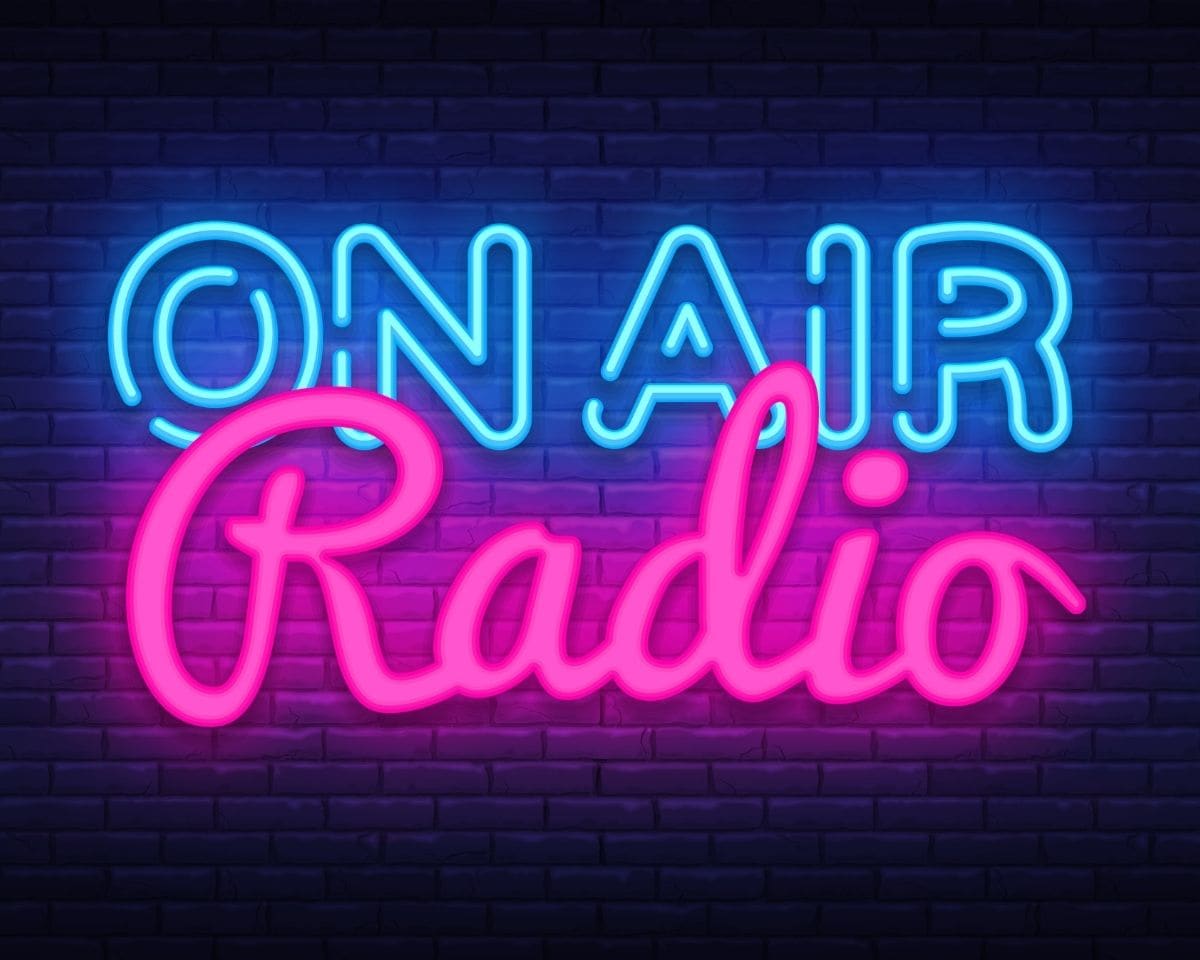
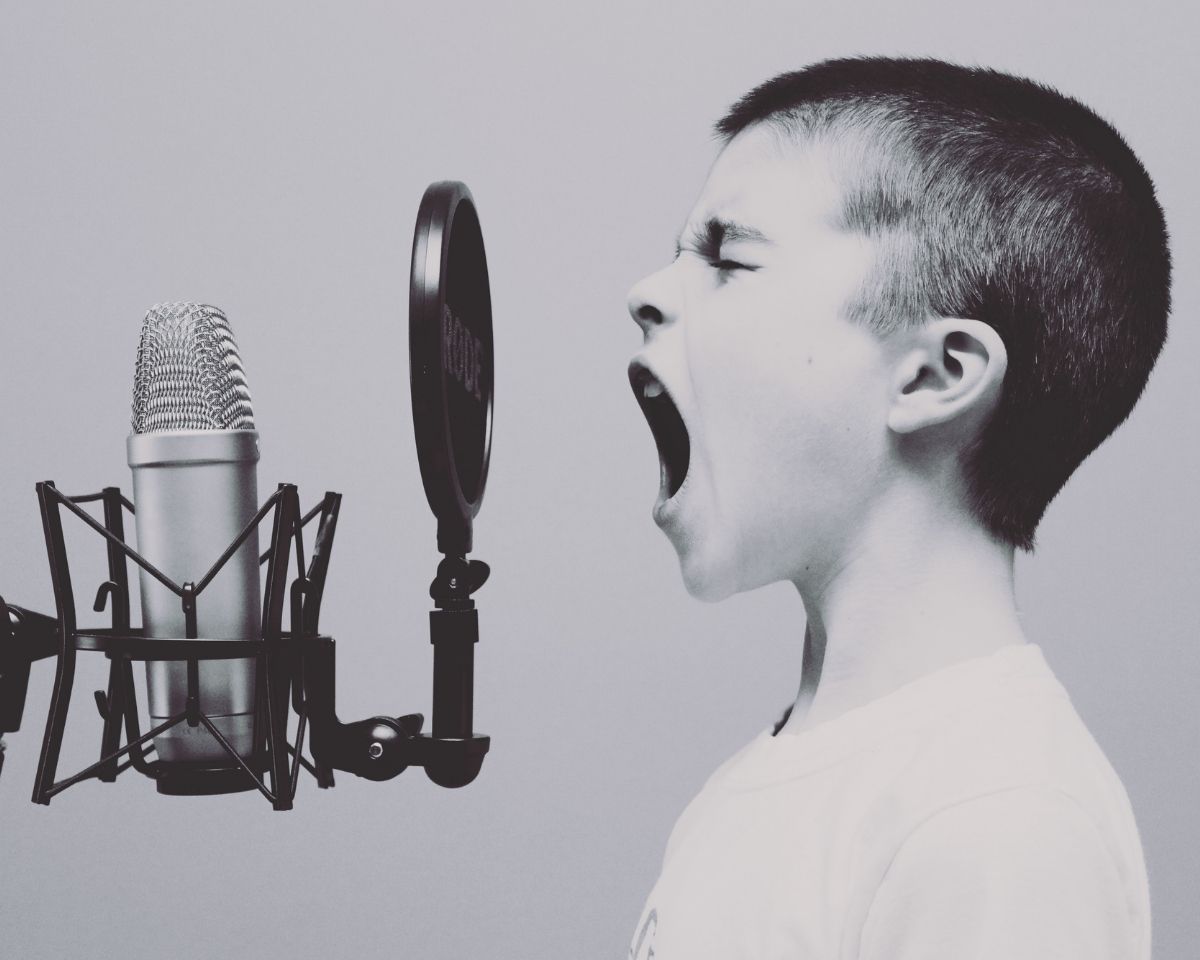
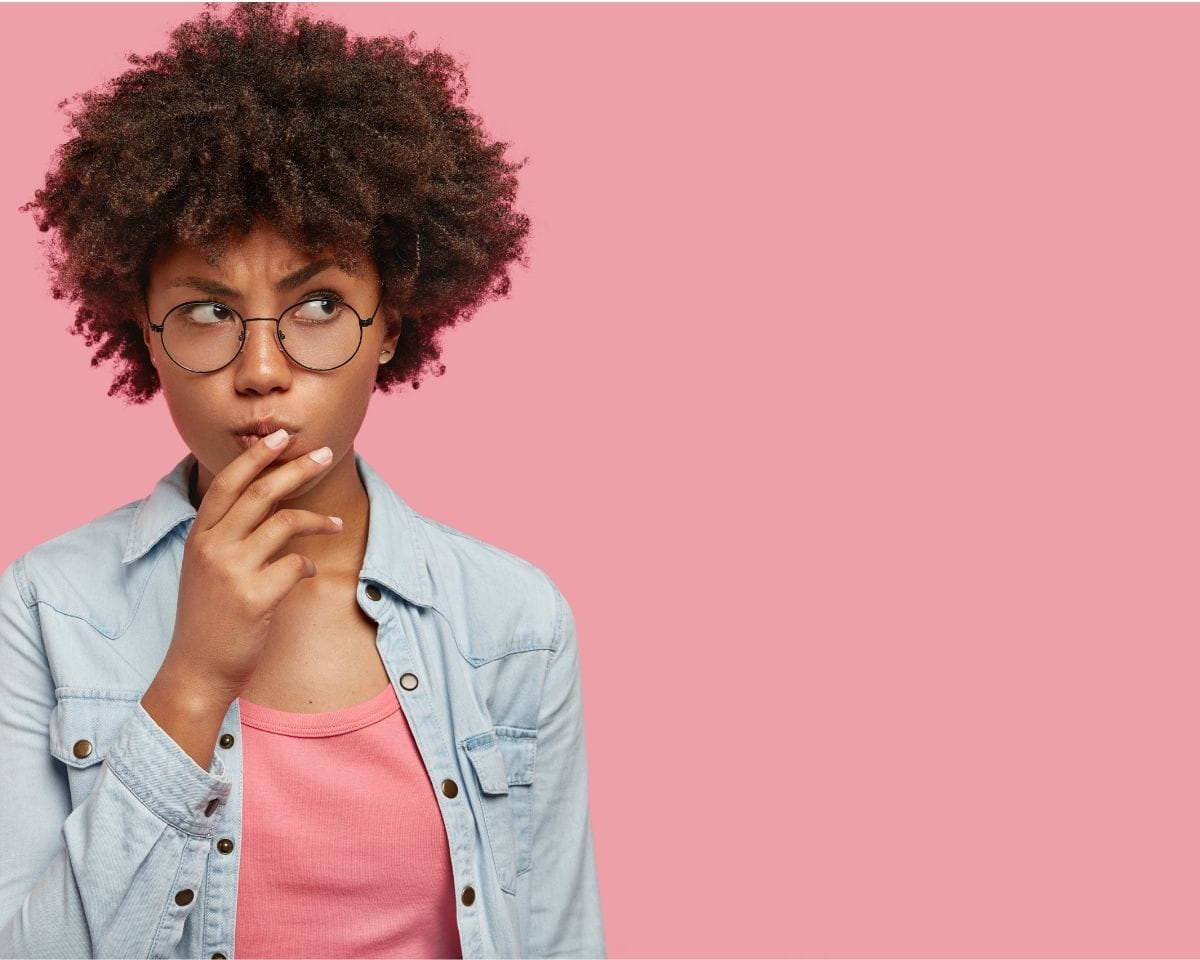
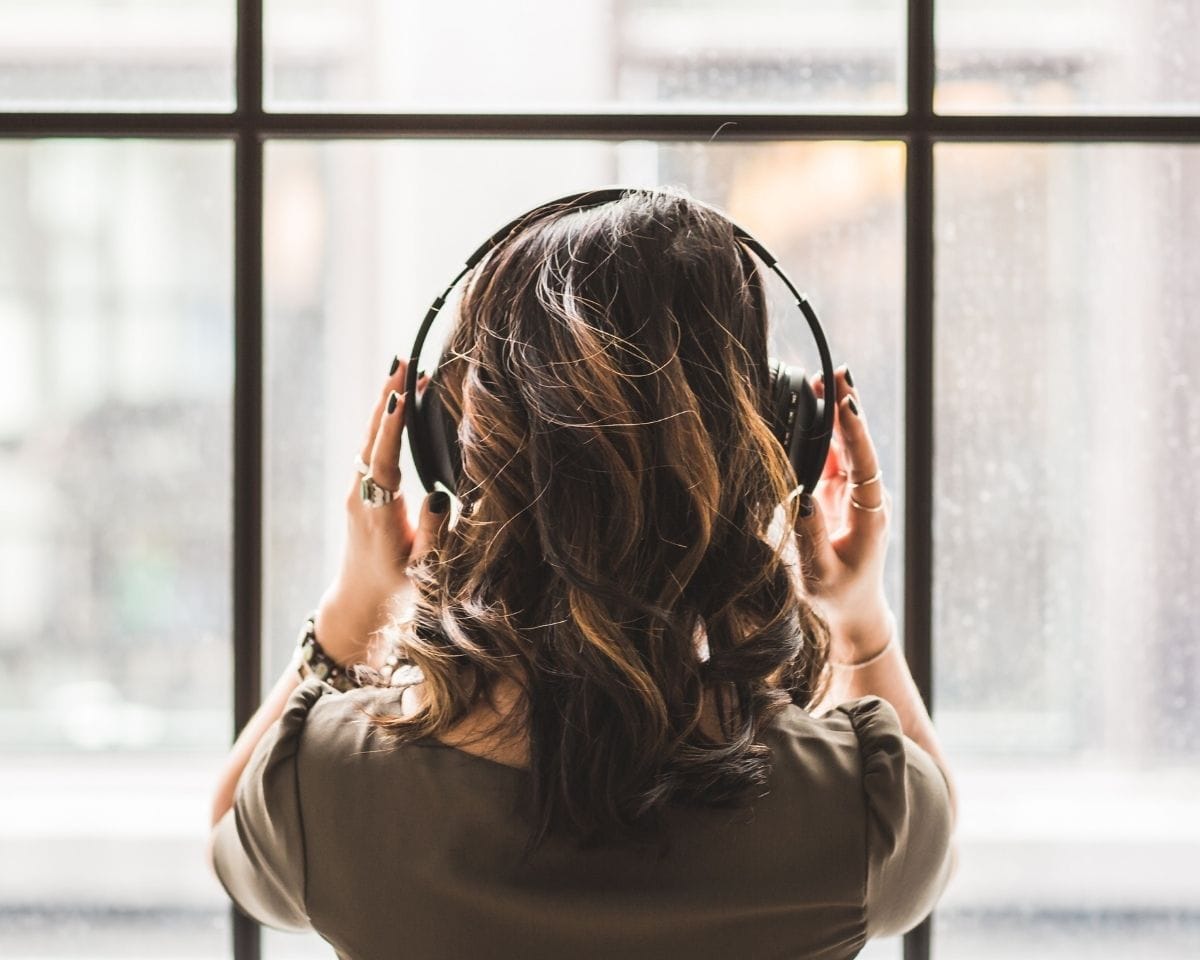
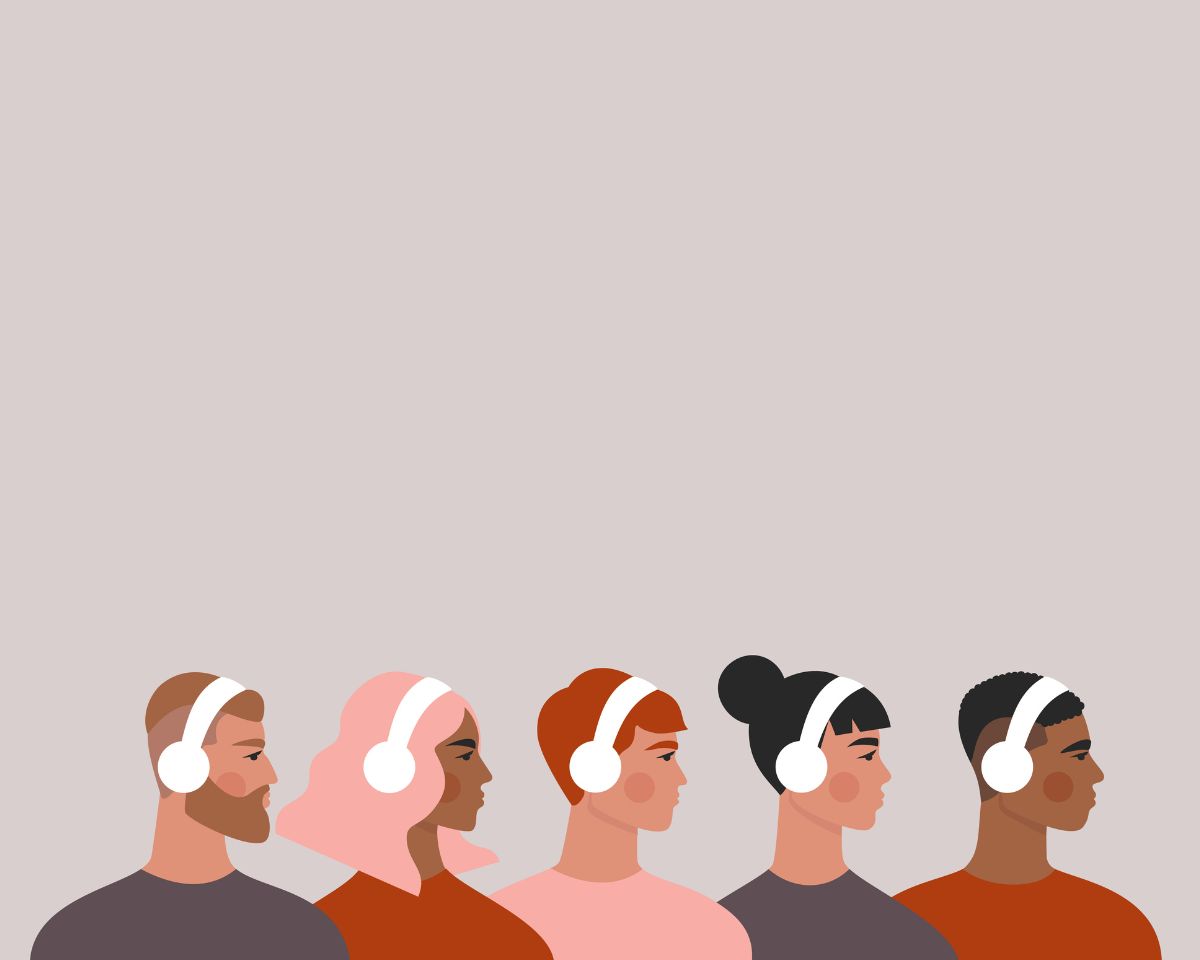



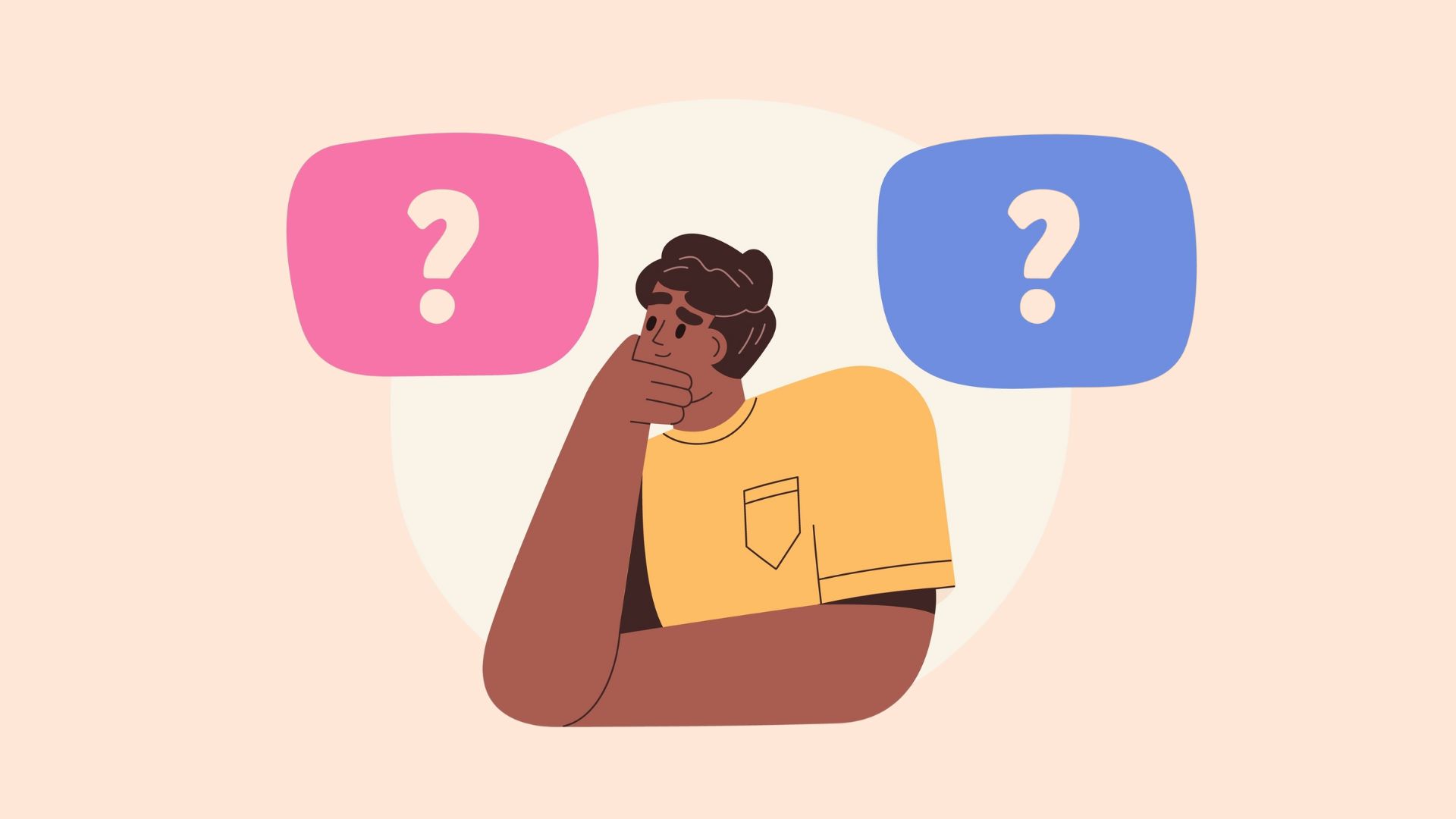

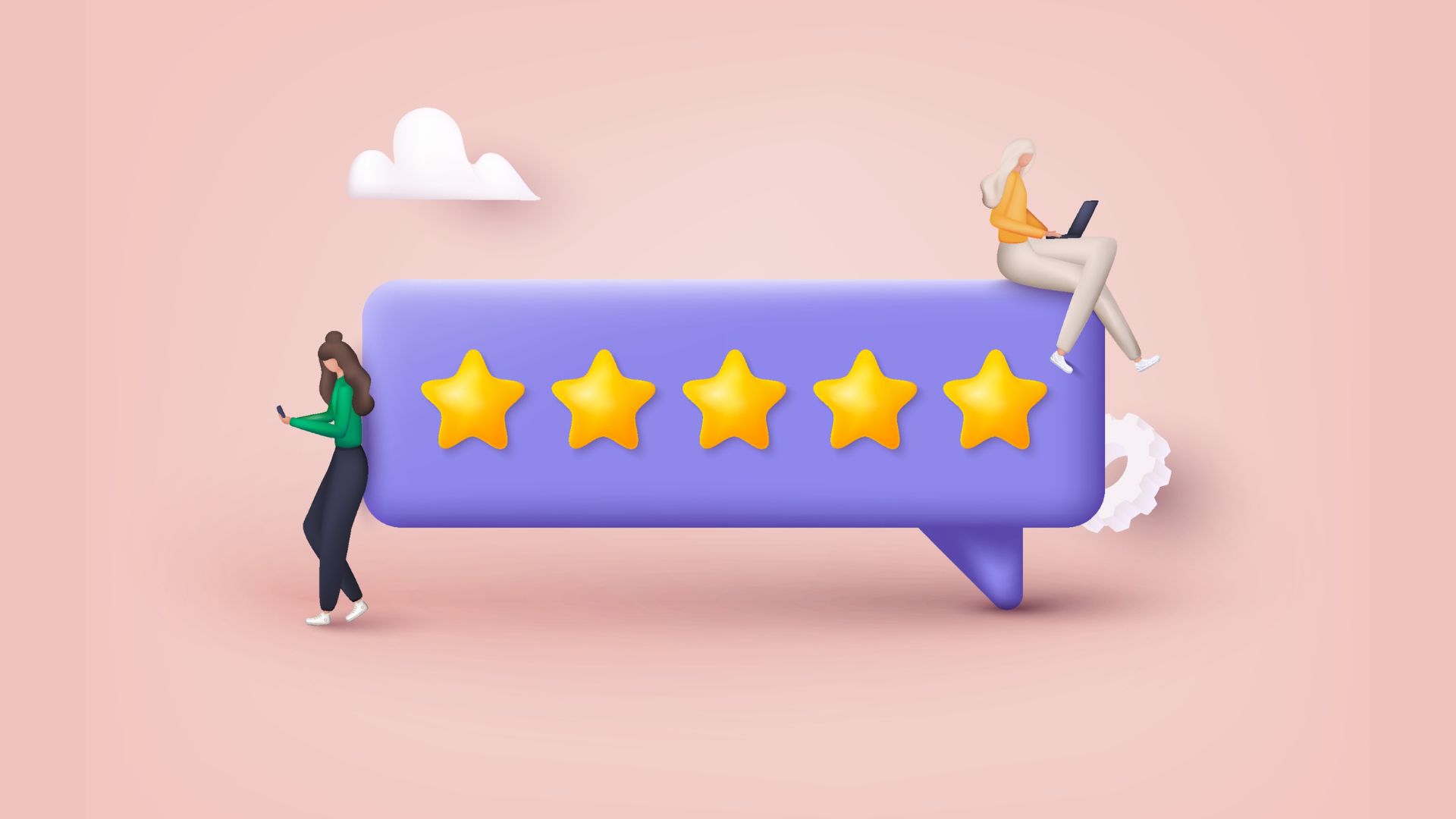

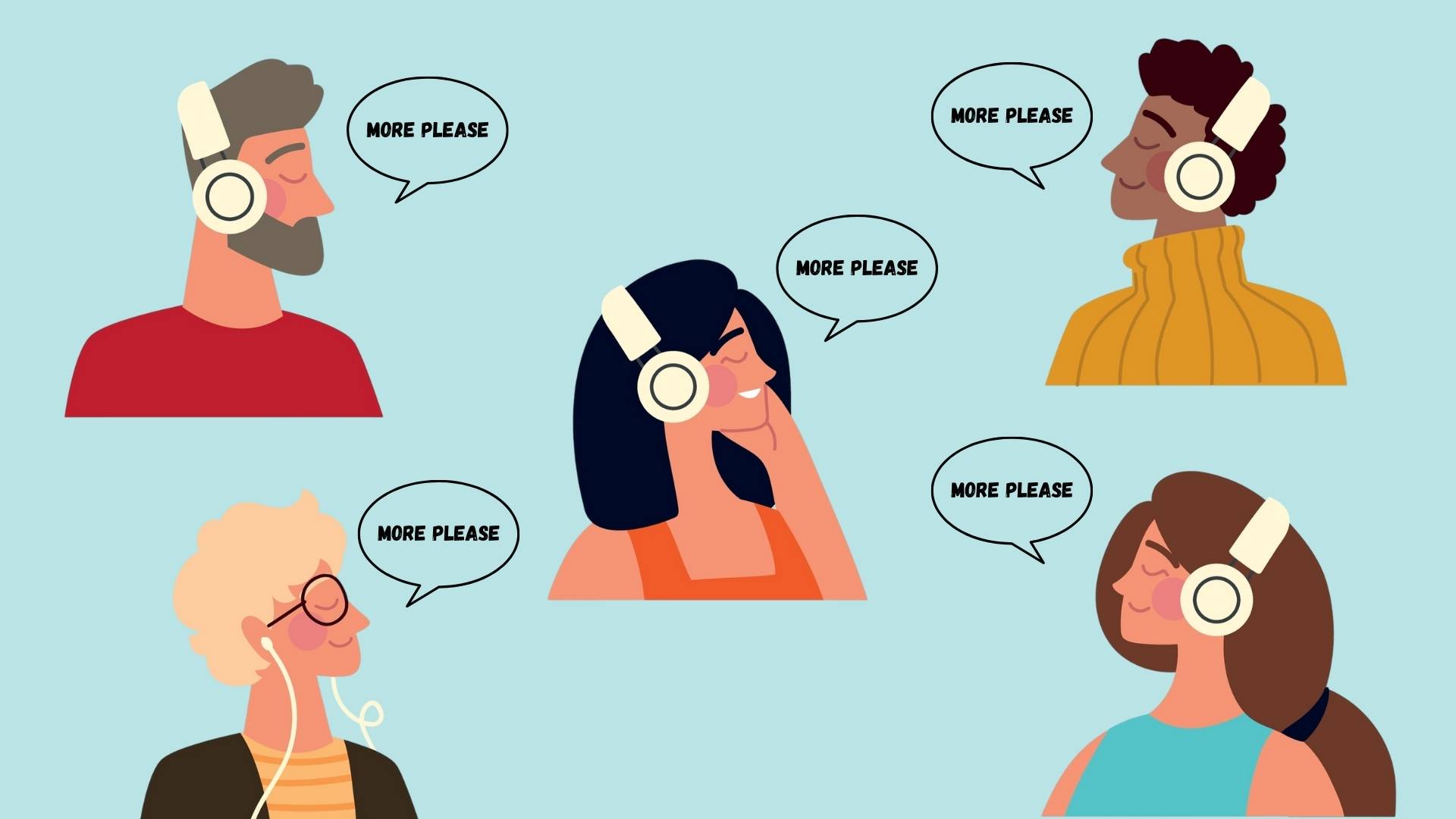

2 Responses
WoW…I think I’m getting ready to start my podcast. Kea Leboga!
I needed to hear this as I am just getting started. Thank you!